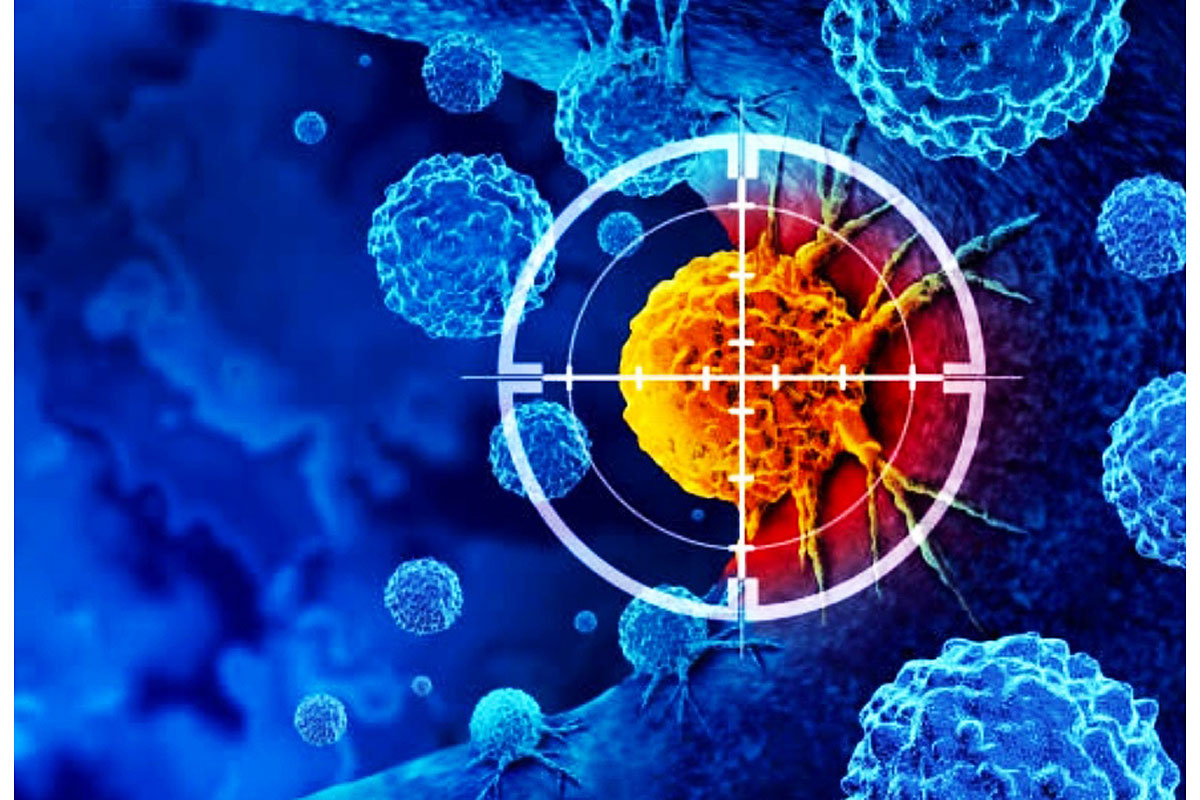Cancer affects millions of people worldwide, directly or indirectly, as one of the leading causes of death globally. According to the World Health Organization (WHO), nearly 10 million lives were lost to cancer in 2020, highlighting it as a major global health challenge. However, advancements in medicine, lifestyle awareness, and early detection offer hope to patients and their families. A comprehensive approach to cancer care combines conventional medicine with supportive therapies to address not only the disease but the individual as a whole.
Understanding Cancer: What It Is and How It Develops
Cancer occurs when normal cells undergo genetic changes and grow uncontrollably, forming tumours that may spread to other parts of the body. This progression is influenced by a mix of genetic predisposition and external factors. Lifestyle behaviours, such as tobacco use, poor diet, obesity, and lack of exercise, significantly contribute to risk. For instance, tobacco alone accounts for 22% of global cancer deaths. Long-term exposure to environmental pollutants, radiation, or carcinogenic chemicals also plays a crucial role. Biological agents, like the human papillomavirus (HPV) or Helicobacter pylori, further increase cancer risks by triggering chronic infections. Ageing compounds these risks, as accumulated cellular damage and reduced repair mechanisms heighten susceptibility to cancer. Understanding these factors empowers individuals to make informed choices to lower their risk.
Reducing Cancer Risk: Practical Steps
Research shows that approximately one-third of cancer cases are preventable through healthy lifestyle choices. A balanced diet, rich in fruits, vegetables, whole grains, and lean proteins, supports long-term health and reduces cancer risk. Limiting processed foods, red meat, and added sugars further improves outcomes. Regular physical activity, such as walking, swimming, or strength training, helps maintain a healthy weight and boosts the immune system. Quitting smoking and minimising alcohol intake are also vital, as these habits are linked to multiple types of cancer. Protecting the skin from harmful ultraviolet radiation with sunscreen, protective clothing, and shade can significantly reduce the risk of skin cancer. Routine medical check-ups and cancer screenings—such as mammograms, Pap smears, and colonoscopies—are essential for early detection and timely treatment.
Common Treatments: Conventional and Beyond
Conventional cancer treatments, including surgery, chemotherapy, and radiation therapy, remain central to managing the disease. Surgery is particularly effective for early-stage cancers where localised tumours can be removed entirely. Chemotherapy and radiation target rapidly dividing cancer cells, but they can also affect healthy cells, leading to side effects like fatigue, immune suppression, and secondary cancers.
These limitations underscore the importance of integrating supportive therapies to enhance conventional treatments. Nutritional support, physical activity, and mindfulness practices can improve quality of life by managing side effects, strengthening the immune system, and promoting emotional well-being.
Integrative Medicine: A Patient-Centred Approach
Integrative medicine combines conventional treatments with evidence-based complementary therapies to treat the whole person—body, mind, and spirit. Detoxification plays a key role, focusing on dietary adjustments, hydration, and targeted interventions to remove toxins and strengthen natural defences. Boosting the immune system with vitamins, minerals, and plant-based compounds further enhances the body’s ability to combat cancer.
Lifestyle changes, such as maintaining regular sleep patterns, reducing stress, and adopting anti-inflammatory diets, are equally important. Practices like yoga, meditation, and acupuncture provide additional support, reducing anxiety and enhancing emotional resilience. Emerging research suggests that natural compounds like curcumin (found in turmeric) and catechins (from green tea) may complement traditional therapies, offering a more holistic approach to care.
Addressing Myths and Misconceptions
Misinformation about cancer treatments can lead to confusion. A common myth is that sugar “feeds” cancer. While excessive sugar contributes to obesity—a known cancer risk—there is no evidence that sugar directly accelerates cancer growth. Another misconception is that alternative therapies alone can cure cancer. While complementary treatments can support recovery, they cannot replace conventional care.
Equally important is dispelling the notion that cancer is always fatal. Advances in early detection and treatment have significantly improved survival rates for cancers such as breast, cervical, and colorectal, especially when diagnosed early.
Early Detection Saves Lives
Many cancers, including breast, cervical, and colorectal, have high survival rates if detected early. For example, early-stage breast cancer has a five-year survival rate of up to 90%. Routine screenings, such as mammograms, Pap smears, and colorectal exams, are vital for identifying cancers at their most treatable stages. Preventive measures like HPV vaccinations further reduce cervical cancer risks. Early detection not only improves outcomes but also reduces the emotional and financial burden of late-stage diagnoses.
Emotional and Mental Health: Vital Components of Care
Cancer impacts more than just the body—it takes a significant emotional toll. Anxiety, depression, and stress can weaken the immune system and slow recovery. Mental health support, such as counselling, support groups, and mindfulness practices, helps patients cope more effectively. Meditation, deep breathing exercises, and staying connected with loved ones promote resilience and improve quality of life. Addressing emotional wellness is a key part of holistic cancer care, empowering patients to face their journey with confidence.
Call to Action: Empower Yourself
While cancer care has advanced significantly, prevention remains the best strategy. Adopting a healthy lifestyle, staying informed, and participating in routine screenings can help reduce cancer risks. For those diagnosed, partnering with a healthcare team to develop a personalised treatment plan is crucial. Combining medical expertise with a commitment to wellness offers hope for survival and a fulfilling life beyond cancer.
Author: Sitt Tienthiti, MD., Integrative and Anti-Aging Medicine, Absolute Health Integrative Medicine 20/2-7 Ruam Rudee Village, Soi Ruamrudee, Bangkok 10330, Tel. 02-651 – 5988, https://absolute-health.org
https://www.facebook.com/absolutehealth.org, LINE OA: @absolutehealth
Series Editor: Katalya Bruton, Healthcare Content Editor and Director, Dataconsult Ltd. Dataconsult’s Thailand Regional Forum at Sasin provides seminars and extensive documentation to update business on future trends in Thailand and the Mekong Region. Contact: info@dataconsult.co.th, Tel: 662-233-5606/7



